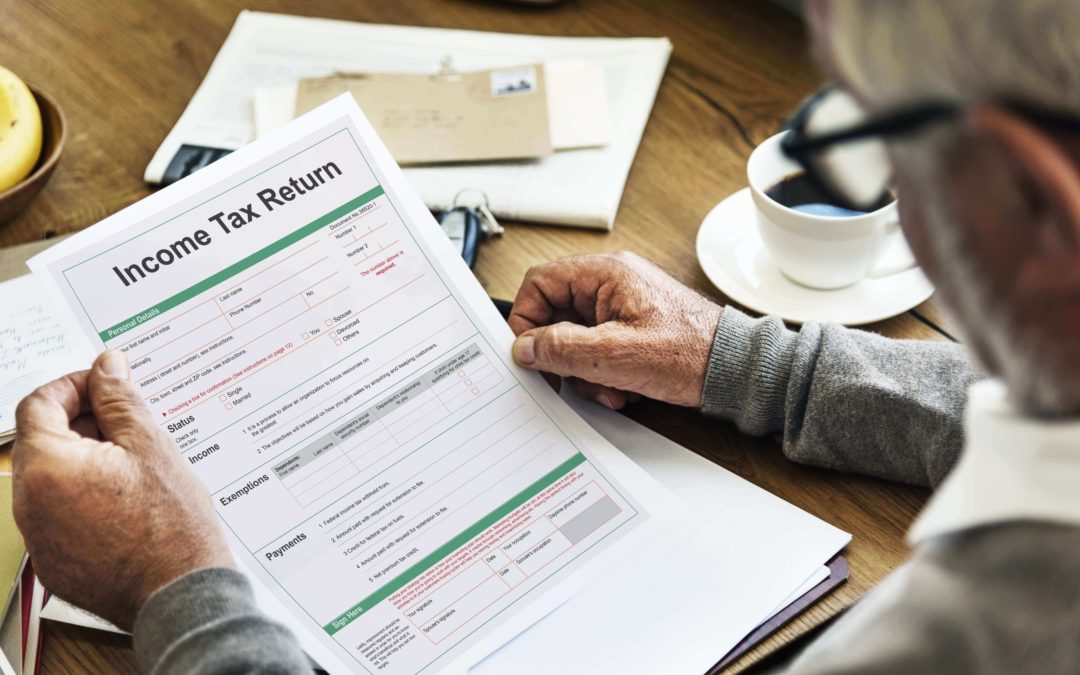As we settle into April, it may be that you received notice that your accountant filed a personal tax extension on your behalf. But, what does this mean for you and why would your accountant do that? There are many reasons for filing an extension and, don’t worry, are often to your benefit.
Why Your Accountant Filed an Extension
When your CPA recommends and files an extension, it can be for numerous circumstances. The process of filing an extension is not complicated, and to do so, your accountant will have filled out Form 4868. Filing this gives the IRS notice of the extension which then give your accountant an additional six months (four months if outside the United States) to file your taxes.
Filing an extension is beneficial for reasons besides having a longer period to file taxes. The extension gives accountants the opportunity to carefully review options for tax strategies that can be implemented and gives you and your accountant ample time to gather information (such as Schedule K-1s, corrected 1099s, etc). At times, the volume of data or complexity of certain transactions (e.g., sale of a rental property) on your return requires additional time. An extension may also occur because CPAs have deadlines established for clients to submit their tax information, and the bulk of their workload prohibited them from filing your taxes on time. At times, an accountant will file an extension for purposes of potentially preparing a client’s taxes for the following year as well. This gives accountants time to assess the best strategies to assist clients with possibly reducing tax obligations. Lastly, failure-to-file penalties can be avoided, which can add up to 25% of the tax due by filing an extension prior to the April deadline.
What Filing an Extension Does Not Mean
Filing an extension does not mean that you are exempt from paying any tax due by the April deadline, and you may have been advised to include a payment to the IRS with your extension to avoid a failure-to-pay penalty. Nor does it mean that you increase your chances of being audited. If you fail to file your tax return, you will be subject to penalties, which can be up to 25% of the taxes that you owe. If you file an extension, but miss the deadline six months later, you are still subject to this penalty. Filing an extension also does not mean that your accountant does not need your information as soon as possible. Getting documents to your accountant early ensures that the accountant can prepare as much of your taxes as possible prior to adding any last-minute information that may be creating a need for an extension.
Filing an Extension Might Ensure Your Best Return
Your CPA will file an extension if it is in your best interest. Perhaps you will be able to hold onto a refund knowing that in the next few years you may owe on your taxes. This makes it easier on you financially in the long run. Whatever the reason, you can ask your accountant any questions about your extension and why your accountant chose this route.
Lawhorn CPA Serving Four Locations in the United States
Have More Questions? Looking for a Reliable Tax Accountant in Knoxville, TN? Our mission at Lawhorn is to help you reach your financial goals by providing you with these customized, strategic, and cost-effective solutions. Striving to be much more than just your accountants, we make it our goal to become an ‘extension’ of your team.
Visit One of Our Locations.
Call Us: 865-212-4867
Email Us
Online Form

